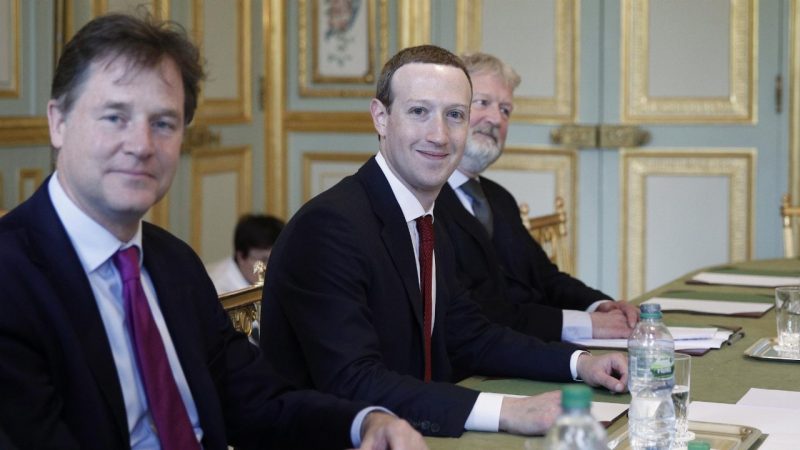- Facebook’s VP of Global Affairs has shed light on the tech giant’s side of the story concerning last week’s Australian news ban across the social media platform
- In a recent blog post, Nick Clegg shared said the original version of the News Media Bargaining Code was a “fundamental misunderstanding” of the relationship between Facebook and publishers
- He said the code could make the internet “unworkable” and that it left Facebook no real choice but to ban Australian news content altogether
- Nick admitted, however, that the snap ban was perhaps “over-enforcement” as the tech giant butted heads with the Federal Government
- The blog post has been slammed as “disingenuous” and “patronising” by U.K. Members of Parliament
- Facebook has agreed to allow Australian news back on its platform after the government made some key amendments to the bargaining code
Facebook’s VP of Global Affairs has shed light on the tech giant’s side of the story concerning last week’s Australian news ban across the entire social media platform.
Nick Clegg, the former Deputy Prime Minister of the U.K., who now serves as a Facebook vice president, said in the company’s view, the Federal Government’s News Media Bargaining Code was a “fundamental misunderstanding” of the relationship between Facebook and news publishers.
While he admitted the move to completely ban Australian news from the Facebook platform was perhaps “over-enforcement”, he said the tech giant felt like it had no other option.
“The events in Australia show the danger of camouflaging a bid for cash subsidies behind distortions about how the internet works,” Nick said in a blog post this week.
“It’s like forcing carmakers to fund radio stations because people might listen to them in the car — and letting the stations set the price.”
Nick Clegg, February 2021
Facebook’s concerns around the new media bargaining laws in Australia echo those of Google, which at one stage threatened to ban Google Search from Australia completely if the proposed rules were made law.
“As Tim Berners-Lee, the inventor of the world wide web, warned, the Australian law could make the internet as we know it ‘unworkable’,” Nick’s blog post said.
Facebook and Google have each reached compromises with the Australian government to continue operating in Australia as normal under a watered-down version of the initial bargaining code.
The News Media Bargaining Code
Essentially, the new laws were designed to give news publishers more bargaining power against the big tech companies that have become crucial platforms for content creators.
When the code was first revealed in July 2020, Federal Treasurer Josh Frydenberg said platforms like Google and Facebook have become unavoidable trading partners for Australian news outlets, creating a power imbalance between tech giants and publishers.
As such, Google and Facebook would need to pay publishers for their content under the new laws. If the tech giant couldn’t negotiate a reasonable payment agreement with the publisher, the matter went to a mandatory arbitration process.
However, the original version of the code has been amended following feedback from Google and Facebook and the removal of Australian news from Facebook’s platform last week.
The amendments to the law reworked the bargaining code so that Facebook and Google could avoid the code altogether if they can strike enough substantial deals with publishers outside of the laws.
The arbitration process will also only be considered as a last resort should publishers and tech platforms be unable to reach a deal.
Facebook said it would allow Australian news back onto its platform following the amendments to the code.
Clegg criticism
Nevertheless, Nick Clegg’s blog post has been blasted by critics, with U.K. Member of Parliament calling the article “disingenuous” and “patronising”.
Facebook’s business model makes money out of other people’s content and other people’s data, and it doesn’t think it should have to pay for it. The time has come when it does. My comments for @MailOnline @JamesTapsfield https://t.co/PJ6Klc1cR0
— Damian Collins (@DamianCollins) February 24, 2021
MP Damian Collins said the blog posts completely ignores the fact that it makes money off of other people’s content and data, but it doesn’t think it needs to pay for it.
“If you look what has happened in Australia, not only do Facebook and Google control 80 per cent of the advertising market, since 2006 ad revenues for newspapers have fallen by over 50 per cent,” the MP told MailOnline.
“That has led to papers closing, journalists being laid off, it has created a real problem which is what the competition authorities are trying to address.”
The amended version of the News Media Bargaining Code passed the Senate this week.

